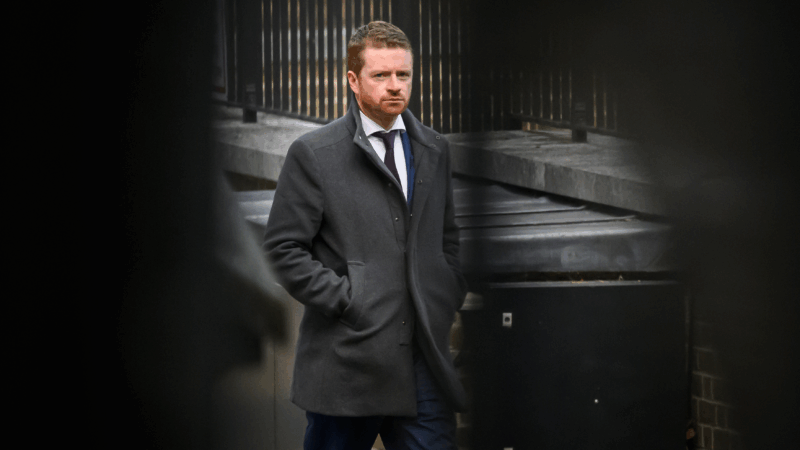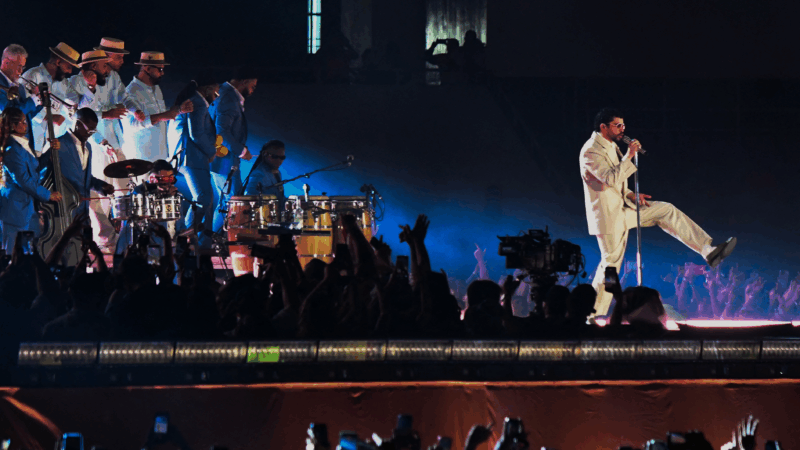“Confederates in the Attic” Author On The Confederate Flag Debate
The South has been grappling with what to do about Confederate symbols since a gunman shot 9 people at a historically black church in Charleston, South Carolina, last month. Tony Horwitz, a bestselling author and journalist, spoke with WBHM’s Will Dahlberg about Confederate imagery, memorabilia and monuments, and whether the United States should collectively push these pieces of history aside.
Horwitz is probably most known for his book Confederates in the Attic: Dispatches from the Unfinished Civil War. He also recently published Midnight Rising: John Brown and the Raid That Sparked the Civil War, in 2011. The book ties into themes of history, memory and the controversy surrounding them.
Listen to an extended version of this interview here:
History and Heritage
In the deep south, many have remaining ties with their Confederate roots. Horwitz says while there are heritage groups that push the envelope with political agendas and racial overtones, it’s important to remember that some southerners just want to remember their ancestors.
“I think we have to be careful to not paint everyone who’s interested in Confederate heritage with the same brush,” he says, “And I think perhaps there’s some of that going on in the media at the moment.”
However, Horwitz also says it isn’t always easy to separate ancestry from politics.
“No one wants to spit on their ancestors,” he says, “On the other hand, we need to find a way to remember them that doesn’t glorify the cause for which they fought.”
Memorializing the Flags and Monuments
As confederate flags come down across the South, some state officials are asking whether municipalities should move Confederate monuments out of the public realm.
Horwitz says the argument is about the perception of not what these symbols represented in the past, but what they represent now.
“The argument now is that this really shouldn’t be in the public square,” he says, “in a context in which it’s saying,’This represents all of us in our state.'”
However, Horwitz says the decisions about monuments are trickier.
“It’s easy to take down a flag,” he says, “It’s a little harder to start moving statues.”
Relocation or Removal
Much still remains to be discussed, however, about whether states should get rid of flags and monuments altogether, or just move them to new locations.
Horwitz says his only worry is that in efforts to move forward, people will erase integral parts of America’s history. He says he hopes the monuments stay where they are, but that officials add plaques to contextualize them.
“I think they can be teaching tools,” he says, “personally I’d prefer to see most of these monuments stay where they are, but that’s obviously for the people of these communities to decide for themselves.”
U.S. gave Ukraine and Russia June deadline to reach peace agreement, Zelenskyy says
"The Americans are proposing the parties end the war by the beginning of this summer," Zelenskyy said, speaking to reporters on Friday.
U.K. leader’s chief of staff quits over hiring of Epstein friend as U.S. ambassador
British Prime Minister Keir Starmer's chief of staff resigned Sunday over the furor surrounding the appointment of Peter Mandelson as U.K. ambassador to the U.S. despite his ties to Jeffrey Epstein.
Trump administration lauds plastic surgeons’ statement on trans surgery for minors
A patient who came to regret the top surgery she got as a teen won a $2 million malpractice suit. Then, the American Society of Plastic Surgeons clarified its position that surgery is not recommended for transgender minors.
What you should know about Bad Bunny’s Super Bowl halftime show
Will the Puerto Rican superstar bring out any special guests? Will there be controversy? Here's what you should know about what could be the most significant concert of the year.
Sunday Puzzle: -IUM Pandemonium
NPR's Ayesha Rascoe plays the puzzle with KPBS listener Anthony Baio and Weekend Edition Puzzlemaster Will Shortz.
Thailand counts votes in early election with 3 main parties vying for power
Vote counting was underway in Thailand's early general election on Sunday, seen as a three-way race among competing visions of progressive, populist and old-fashioned patronage politics.







